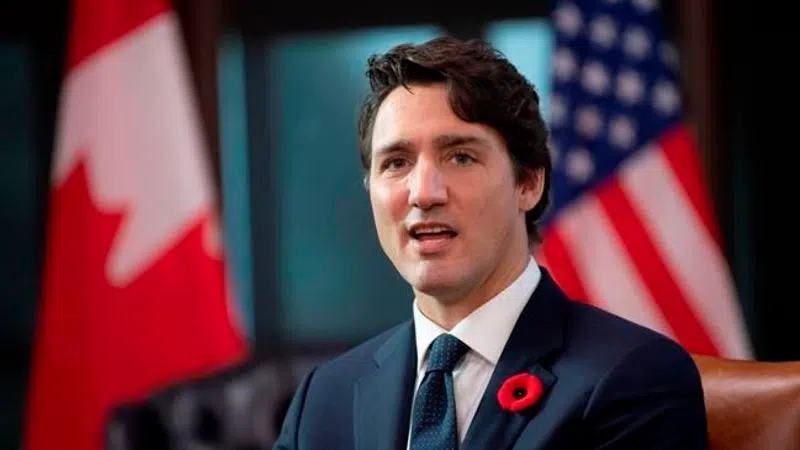
Liberal winners, losers to gather for first time since disappointing election result
OTTAWA — Re-elected, newly elected and defeated Liberal MPs will gather Thursday on Parliament Hill for the first time since Canadians clipped the wings of Prime Minister Justin Trudeau’s government in the Oct. 21 election.
The two-hour get-together is not a formal caucus meeting, just a chance to congratulate winners and commiserate with losers.
Nevertheless, it will doubtless give Trudeau a taste of the mood in what is likely to be a more assertive Liberal caucus, one less inclined to obediently follow the lead of a prime minister who no longer exudes an aura of electoral invincibility.
Trudeau’s reputation as a champion of diversity and tolerance took a beating during the bruising 40-day campaign when it was revealed he’d donned blackface repeatedly in his younger days.


